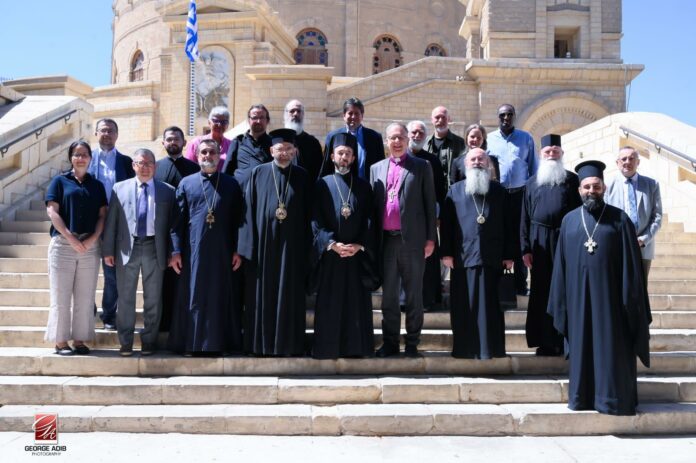The Lutheran World Federation (LWF) and the Orthodox Church have issued a joint statement on the addition of the Filioque clause to the Nicene-Constantinopolitan Creed, a theological issue that has divided the Eastern and Western Church traditions for almost a thousand years.
The word ‘filioque’ (‘and the Son’ in English) to describe the procession of the Holy Spirit, was added by the Latin Church to the Creed centuries after its composition to counter Arianism but the Eastern Church has always protested this insertion.
In a Common Statement of the Joint International Commission on Theological Dialogue between the LWF and the Orthodox Church, both partners “suggest that the translation of the Greek original (without the Filioque) be used in the hope that this will contribute to the healing of age-old divisions between our communities and enable us to confess together the faith of the Ecumenical Councils of Nicæa (325) and Constantinople (381).”
The Commission developed the statement at its 18th Plenary Session held in Cairo, Egypt, in May this year. The Commission emphasized that the Creed is a foundational liturgical and doctrinal statement and expressed hope for a renewed focus on Trinitarian theology in the life of churches. “We both affirm the full divinity and personhood of the Holy Spirit, which was expressed in different ways in the eastern and the western traditions.”
The Common Statement is the result of over 40 years of dialogue and ecumenical commitment between the LWF and the Orthodox Church. It is offered as a sign of reconciliation for the 1700th anniversary of Nicæa in 2025. It also marks a hopeful step toward greater theological understanding and unity between Lutheran and Orthodox churches.



